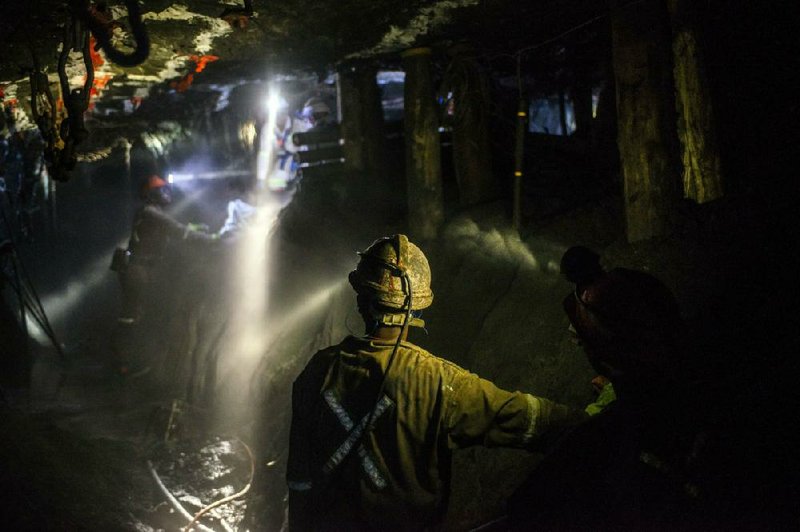CATALYTIC CONVERTER RECYCLING AND THE ENVIRONMENT 🌳
POSTED BY SARAIWAN
Those in the catalytic converter recycling business are continuously discussing and debating the financial aspects of the market - the demand for and value of new and used vehicles, the fluctuations in the price of platinum, palladium, and rhodium, the costs of the recycling process, and so on. There is, though, another important aspect of the business that should never be overlooked, and that is the environmental and ecological benefits that this industry brings, and we will be taking a look at that in this article.
To start with, of course, the industry owes its entire existence to environmental concerns. Pollution from the fast-growing automobile industry became a major issue in the second half of the 20thCentury and, aided by technological advancements, led to the development of the catalytic converter. Originally introduced in USA in the 1970s, the mandatory use of catalytic converters on vehicles has spread across the world, as nations have woken up to modern concerns about air pollutants that include carbon monoxide, unburnt hydrocarbon, and particulate matter from incomplete fuel combustion. Without this, the catalyst recycling market would barely exist.

Source: History of reducing air pollution in USA
The consequence of these increased (and still increasing) environmental concerns is that PGMs have shown some of the highest long term growth rates of mineral commodities over the past 50 years. And the mining process for PGMs is both complex and expensive, involving the mining itself, grinding, gravity-based separation, flotation concentrator, smelter, and refinery. Associated with this are the inescapable costs in terms of energy, pollution, greenhouse gas emissions, water, land-use impacts, and social impacts in this now globally important industry, dominated by South Africa.
The nature of mining

A dirty and dangerous operation - is also widely considered to be unsustainable, since it is depleting a fixed stock and new “discoveries” tend to be long-term, expensive, and environment-threatening. As resources diminish, mines get deeper, requiring heavier investment to develop, and, in a labor-intensive industry, meaning fresh air has to be continuously pumped down to cool the pit, a highly energy consuming process.
Thus we reach the art and science of recycling. The theory is enticing - recover the PGM’s from used catalysts and we immediately have a new, sustainable supply of the most important components of the catalyst. Once again, as we all know, the process involves numerous stages of complexity, but technological developments have led to efficient recycling and the birth of the industry we know and rely on today. Now, the high technical recyclability of platinum group metals means that over 95% recovery can be achieved in state-of-the-art refining facilities, and recovered precious metals can be used over and over, without a loss of quality, in the manufacture of catalysts.
The benefits to the environment are immense
A large and sustainable source of rare precious metals that reduces dependence on unsustainable mining. Almost by definition, refineries are located in the same industrial environs that embrace vehicle manufacturing, thus also reducing the high transportation costs involved in moving the metals from remote locations to where it is refined and employed in catalytic converter production.
There are, though, downsides, in particular the high energy costs in the refining process and the inevitable costs of collecting and transporting the scrap catalysts. Those in the industry can help by improving efficiencies at every level from the scrap yard through to de-canning, assaying, and refining.
To achieve the recycling goal of the best possible recovery of PGMs from automotive catalysts, the following objectives are important:
- the most complete collection possible of catalysts from scrap vehicles
- the optimum separation and recovery of PGMs from catalytic converters
- the lowest possible losses in the refining of the PGMs
- a high level of transparency throughout the recycling process
Through this, a recycling chain that is sensibly structured in ecological terms is achievable that will both improve the bottom line and deliver a positive impact on the environment, something we can all take pride in!


























